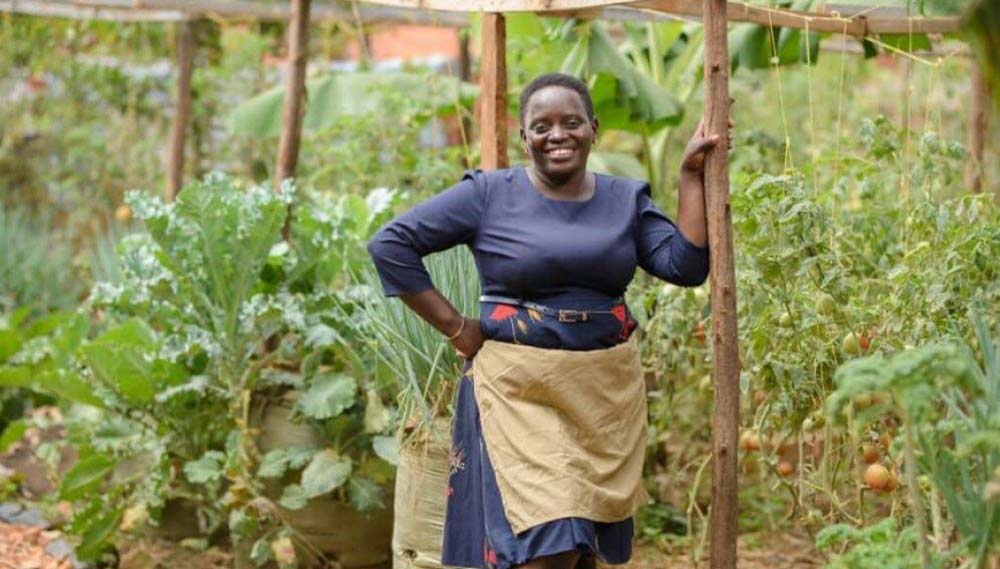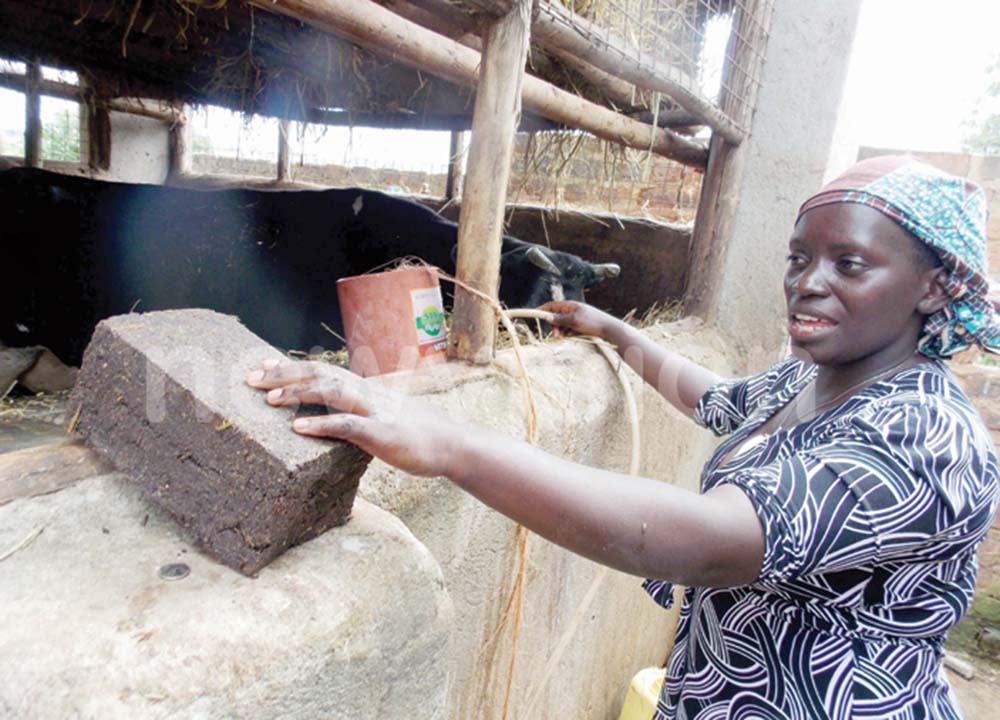Every day, we consume vegetables in many forms, either as sauce, salads or medicine. Our families remain in need of this nutritious supply constantly.
If you don’t buy them from the market, you have someone that delivers them at your gate and on average, a family spends sh5,000-sh20,000 on vegetable every week.
However, Dr Diana Nambatya, the CEO of Kwagala Farm is here to inspire you become your own farmer using the small space you have and save money.
Urban farming occurs when some one living in a city or heavily populated town repurposes their green space to grow food and the surplus is sold to the neighbours for money.
Nambatya says because 80% of the Ugandan population has an average of half-an-acre and land and yet have to eat healthy food and make some money for themselves, they have to be encouraged to do urban farming.
You can grow so much on a small space. On her farm, Nambatya prides in several vegetables, cows, poultry and market for her produce.
Key things to kick-start your urban farm
- Determination and zeal are the most things one needs to start any business; it’s not about the big money because if you are determined, you can use the little to start up a successful project.
- Seeking knowledge before you venture into any business is important. Have focus and be intentional; look around and see who to consult as well as the target market.
- Source materials to be used to grow crops such as bottles, polyethene bags, car tyres, backets, basins and many others and soil, charcoal
- Making sure that you can prepare your organic manure.
- A water reservoir particularly in a hot season is key.
How to turn an urban farm into a business amidst challenges
Urban farming like any other business has challenges but not too many to scare you. These range from distribution, space, to production capacity, concerns with the neighbours and finance challenges. But here are ways to navigate around them;
- First plant your own food and then supply to your neighbours with the surplus to beat the challenges of market.
- Learn how to market your produce for income. As you grow, you can get market from supermarkets and big markets or online.
Nambatya says her partnership with Vision Group, World Bank and Embassy of the Netherlands have contributed to her success and she has so far trained over 2,000 women and youth in urban farming.
She says urban farming strengthens bonds and builds community cohesion.








